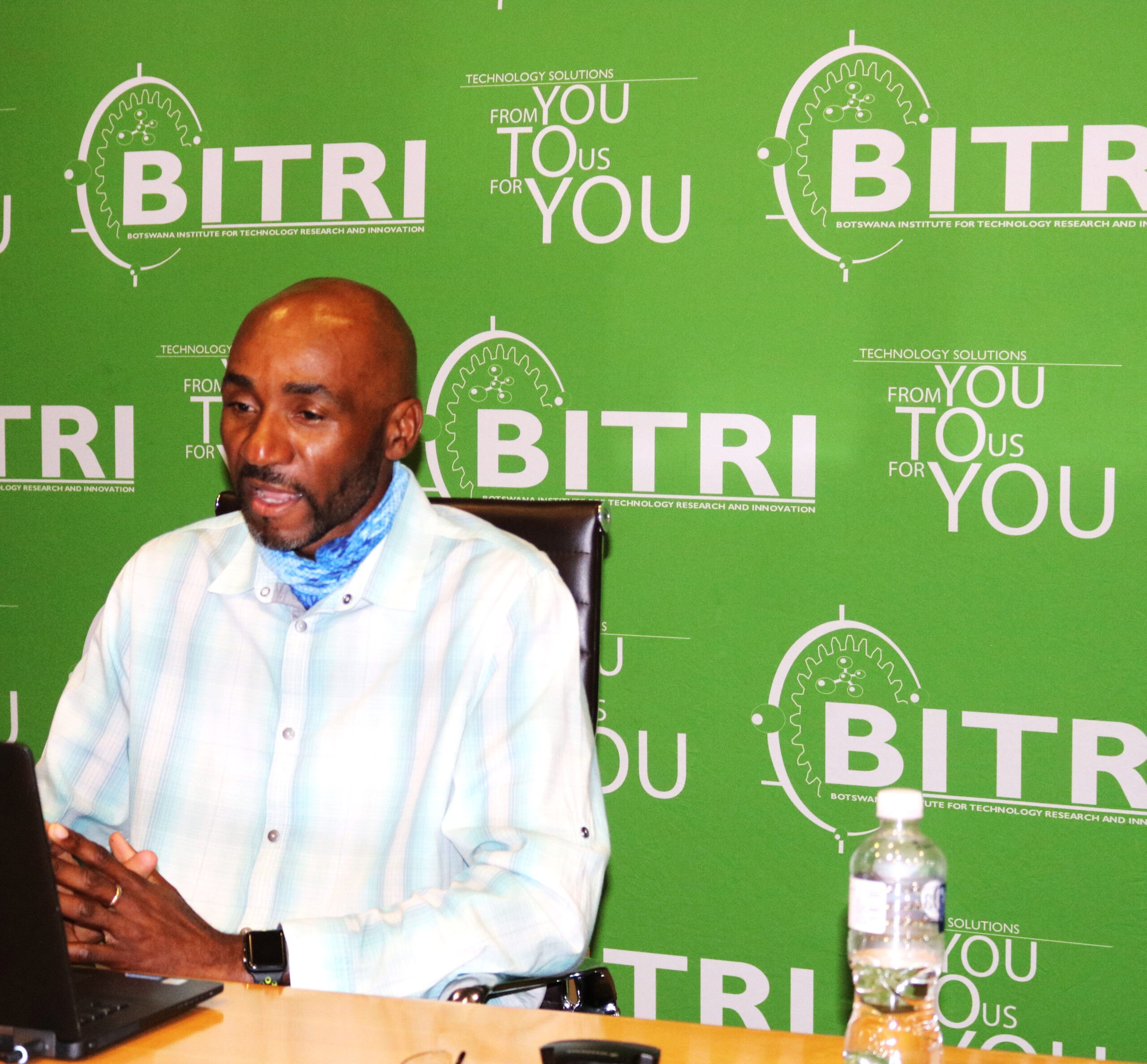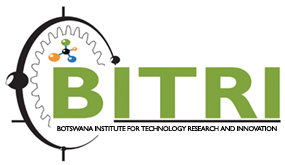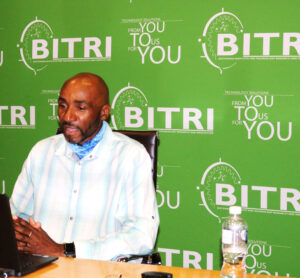March 19, 2024

Botswana Institute for Technology Research and Innovation (BITRI) Senior Researcher within the Specialty Chemicals team, Dr Mmilili M. Mapolelo made a presentation during the 8th SGA-IUGS-SEG-UNESCO Short Course on African Metallogeny recently.
The short course, themed ‘The Role of Miner-al Wealth in the Energy Transition – Southern Africa’ was held at the DSI-NRF Centre of Excellence (CoE) for Integrated Mineral and Energy Resource Analysis (CIMERA) at the University of Johannesburg in South Africa.
Some delegates were attending and making their presentation via the online platform. Dr Mapolelo also highlighted in his presentation the beneficiation of the other mineral resources such as manganese, rare-earth elements (REE), and coal that feed into the supply chain of critical battery resources found in Botswana.
One of the main objectives of the course was to explore the larger framework of the feasibility of transitioning to cleaner energy by examining the mineral resources accessible in the Southern Africa region and determining the potential contributions of Southern Africa. It also aimed to introduce novel ideas and approaches for conducting mining and ore processing in a sustainable and energy-efficient manner. Additionally, the delegations had an opportunity to tour mines that are actively diversifying their energy sources by rapidly implementing cleaner and renewable energy solutions.
The course takes place during a time when making energy transition dominates discourse in various platforms, with the Southern Africa region heavily relying on fossil fuels, specifically coal, as the primary source of its energy needs. The region possesses a rich abundance of mineral resources that are crucial for the energy transition, encompassing elements such as Vanadium, Platinum Group Elements (PGEs), Manganese, Copper, Critical Raw Materials (CRMs), ammonium sulfate (that can be used as a fertilizer), and others.
Furthermore, the region is grappling with recurrent power outages, compelling many industries to expedite the diversification of their energy sources, with alternatives such as wind, solar, geothermal, hydropower, tidal, and biomass, all potentially having a role to play in this transformation.
The course was organised by Society for Geology Applied to Mineral Deposits (SGA), DSI-NRF CIMERA, UNESCO, Society of Economic Geologists, International Union of Geological Sciences Resourcing Future Generations (IUGS-RFG), and the Council for Geosciences, South Africa.


